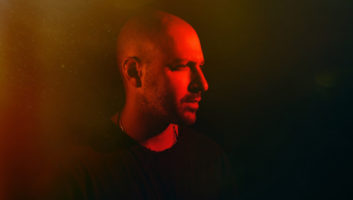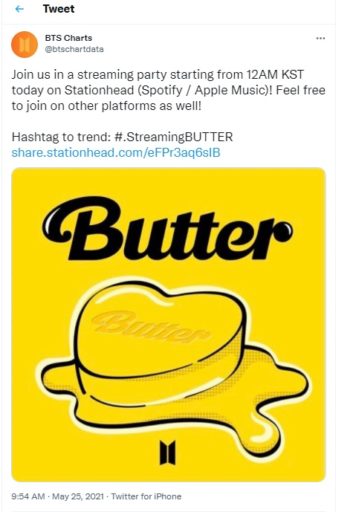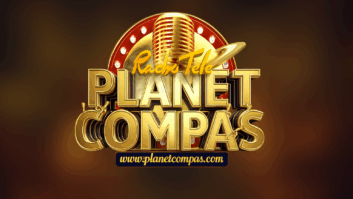
The author of this commentary is co-founder and CEO of the social audio company Stationhead.
As the social audio phenomenon continues to evolve, traditional radio managers need to recognize that social audio isn’t just another social media format, or another way to stream audio content — it’s simply the future of radio.
The industry’s legacy players are becoming obsolete as new platforms seek to democratize the space for creatives and artists. Gone are the days of program directors playing the hits. It is now time for artists, creatives and fans to break the hits and take control of the airways.
[Read More Guest Commentaries Here]
To date, traditional radio has been monodirectional and controlled by gatekeepers — but in the new world of social audio, revolutionary new platforms are allowing anyone and everyone to become a radio DJ or talk show host and be their own program manager. Creativity and control are now in the hands of the artists and fans who now have the resources and access needed to someday become the next Joe Rogan or Howard Stern.
Authentic Connection
If we have learned anything this past year, it is that the desire to connect has never been higher.
Our eyes are exhausted from Zoom meetings and scrolling through our phones. People are turning off screens and engaging in different ways: through their voice and the music they love. Audio has become a first-class medium, much like video did a decade ago.
Through the renaissance of audio, audiences and creators are realizing the power of their actual voice and the ability to connect to others without a “filtered” version of themselves. When people connect over audio, it’s completely authentic and without the pretensions that dominate every other social platform.
Fans are taking back the airwaves and changing the way we celebrate our favorite artists.
 The technology of social audio democratizes radio so everyone can win. It creates a level playing field where the audience and creators can share content they’re passionate about in real time.
The technology of social audio democratizes radio so everyone can win. It creates a level playing field where the audience and creators can share content they’re passionate about in real time.
For example, in May 2021 more than 400,000 fans came together on Stationhead for a live streaming party for K-pop supergroup BTS’ new single “Butter,” which has been at the top of the Billboard charts since its release. Most bands or musicians would have to go on a three-year world tour to reach a comparable audience to the fans that showed up for that same event digitally.
Since then, we have seen thousands of fan-driven radio stations launch to celebrate their favorite artists and build community around the music.
Radio Managers, Listen up
In looking at other industries that have recently undergone similar cycles of digital innovation, we can see how the present disruption in audio will ultimately give power back to consumers who are ready for change.
A recent example beyond media of how technology has helped put power back in the hands of the consumer is the rise of ride sharing apps. Social audio is to licensed broadcasters what Uber has become to taxi drivers in New York City who were beholden to an outdated and unfair “medallion” system. Social audio — and especially the creators within the space — has given the entire ecosystem the freedom to make the choices that are right for their audiences and personal brands.
Within this period of change, there is opportunity for existing broadcasters large and small to meet a new generation of listeners where they’re ready to engage.
Radio managers today need to jump on board and consider their audience’s evolving format preferences or risk losing a generation of listeners and talent.
The emotional connection between an audience and the creators they follow is intimate and powerful, and is amplified when the audience is a part of the show itself. Much like the new generation of video stars born from YouTube and TikTok, the future of audio is starting today on these revolutionary new platforms.
Comment on this or any story. Email mailto:[email protected].







